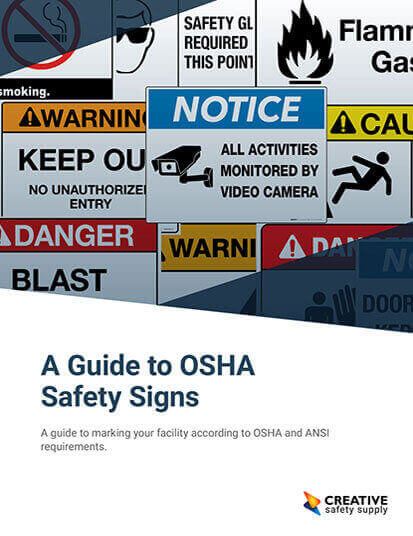
Proposition 65, formally titled as the Safe Drinking Water and Toxic Enforcement Act of 1986, regulates the substances that California has identified to cause cancer, birth defects, or reproductive harm. Under Prop 65, businesses must provide warnings about exposures to these chemicals, typically with a label or sign. The goal is to enable Californians to make informed decisions about their exposures to the regulated substances or materials.
When alerting people to the possible dangers of a chemical, the warning typically contains a variation of “WARNING: This area/product contains chemicals known to the state of California to cause cancer and birth defects or other reproductive harm.” Although the regulation allows some wiggle room for wording, it must clearly communicate that the chemical at hand is known to the state to cause cancer, birth defects, or reproductive harm. Signs can be placed in workplaces or locations like restaurants, theme parks, or parking garages, or labels may be directly adhered to products.
Recently implemented changes to Prop 65 mandate that businesses issuing warnings must also include at least one of the chemicals that prompted the warning. Additionally, warnings will need to offer more explanation or a web address in order to more accurately inform people of the possible hazards.
The list of chemicals covered by Proposition 65 is a long one that is greatly varied. Pesticides, food, dyes, drugs, common household cleaning products, and solvents can all fall under the scope of Prop 65. Additionally, hazardous environments or byproducts of chemical processes may be found on the list. The Office of Environmental Health Hazard Assessment administers the Prop 65 program, while the California Attorney General’s Office enforces it. If a business is found to be violating the regulation, penalties can be as high as $2,500 per violation per day.

